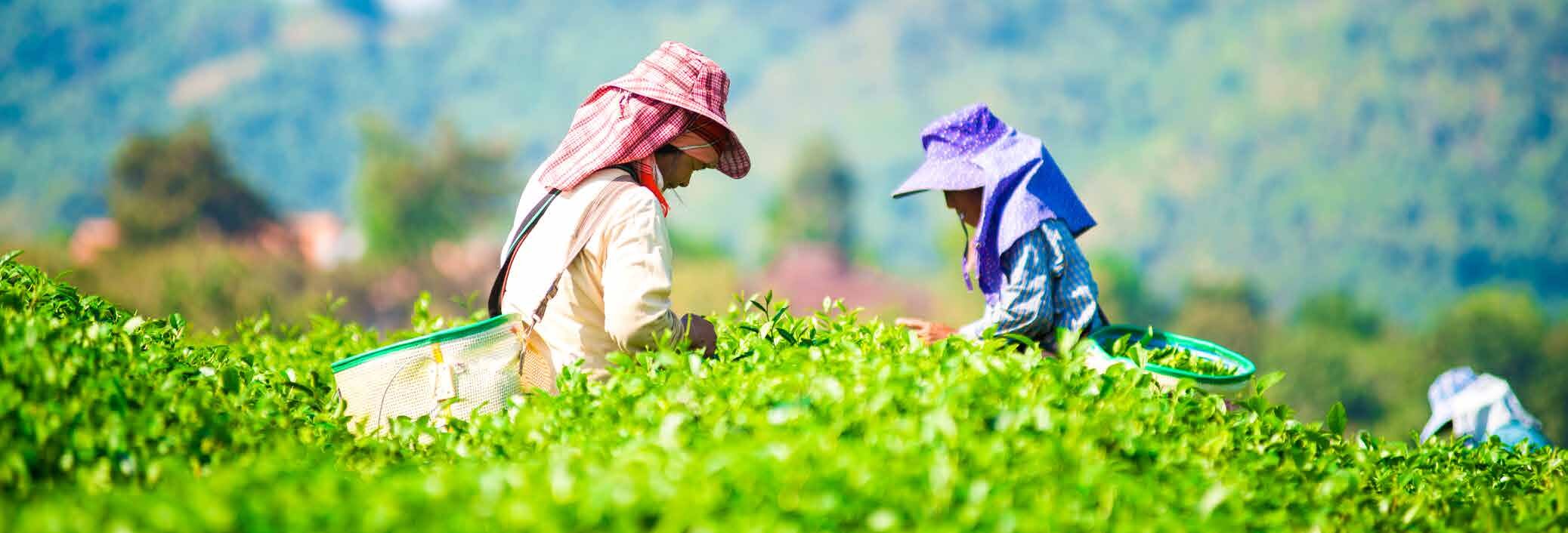Pipeline Foods and Rabobank partner to drive the transition from conventional to organic agriculture
Pipeline Foods and Rabobank1 have teamed together on a new Organic Transition Loan.
Founded in 2017, Pipeline Foods is the first U.S.-based supply chain solutions company focused on accelerating the availability and reliability of organic, non-GMO, and regeneratively grown food and feed. Its purpose is to contribute to a healthier, traceable, and more sustainable food system.
In 2019, Pipeline Foods partnered with Rabo AgriFinance2, a subsidiary of Rabobank and a leading financial services provider for agricultural producers and agribusinesses in the United States, on the development of a new financial mechanism to support farmers seeking organic certification. The joint project delivered a financial framework that gives farmers the flexibility to receive the capital needed for up-front costs and to schedule repayments when they receive the additional revenue from selling certified organic goods.
The U.S. Department of Agriculture (USDA) requires a three-year transition period for farmers to certify their land as organic – a period that has proven to be financially challenging due to yield losses and the incapacity to collect organic premiums during the conversion period. Yet, market and consumer demand for organic food and ingredients continue to grow. The new Organic Transition Loan now bridges this incongruency.
Pipeline’s relationship with Rabobank goes beyond the Organic Transition Loan. In September 2019, Pipeline announced the successful completion of the renewal of its operating syndicated loan led by Rabobank’s Wholesale Banking North America franchise, in cooperation with ING Capital and CoBank. The loan is crafted in adherence with the ICMA Green Loan Principles and helps Pipeline contribute to sustainable development as outlined by the United Nations Sustainable Development Goals.
1 Rabobank Group is a global financial services leader providing wholesale and retail banking, leasing, and real estate services in more than 40 countries worldwide. Founded over a century ago, Rabobank today is one of the world’s largest banks with over $640 billion in assets. In the Americas, Rabobank is a premier bank to the food and agriculture industry, providing sector expertise, strategic counsel and tailored financial solutions to clients across the entire food value chain.
2 As a leading financial services provider for agricultural producers and agribusinesses in the United States, Rabo AgriFinance adds value using industry expertise, client-focused solutions, and by creating long-term business relationships. Rabo AgriFinance offers a comprehensive portfolio of services that gives producers the right products to prepare for, and take advantage of, market opportunities. This comprehensive suite of services includes loans, insurance, input finance and effective risk management products. Rabo AgriFinance is a subsidiary of Rabobank, a premier bank to the global agriculture industry and one of the world’s largest and strongest banks. Rabobank is an equal opportunity provider. To learn more, go to www.RaboAg.com.
3 AMERRA Capital Management is a multi-strategy asset manager exclusively focused on upstream and midstream food & agribusiness operating companies in the Americas and Europe. Pipeline Foods is a portfolio company within AMERRA Agri PE Fund, LP.





